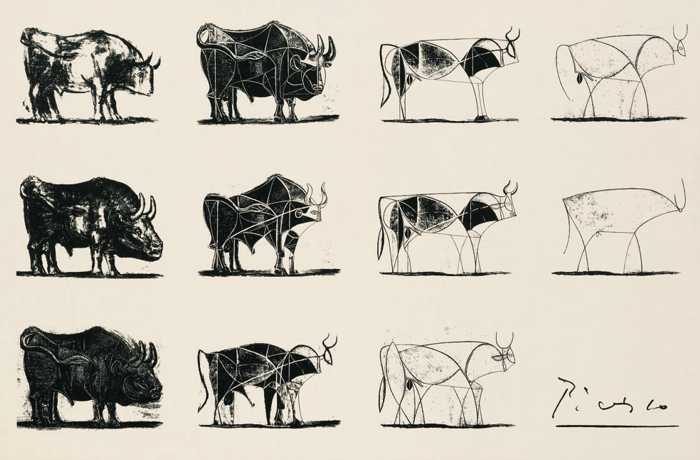Yora
 Maester
Maester
I've always been struggling with ideas. Not a problem with imagination, but with good ideas that seem like something that a beginner might realistically hope to pull off.
I have a couple of ideas that I think are really amazing, but they seem like something you need a really good and experienced writer to actually make work. So I keep looking for ideas that are easier, but these never are really good. It took me a long time to come up with the idea I am working on right now, but I still feel that it is only solid and with decent potential, but nothing really that particularly interesting yet.
But I am having doubt if this is really a good way to approach it. Maybe an idea that starts out only as okay is already at its limit and even with more work put into it it won't get much better.
How are you dealing with this issue?
I have a couple of ideas that I think are really amazing, but they seem like something you need a really good and experienced writer to actually make work. So I keep looking for ideas that are easier, but these never are really good. It took me a long time to come up with the idea I am working on right now, but I still feel that it is only solid and with decent potential, but nothing really that particularly interesting yet.
But I am having doubt if this is really a good way to approach it. Maybe an idea that starts out only as okay is already at its limit and even with more work put into it it won't get much better.
How are you dealing with this issue?


 Troubadour
Troubadour
 Auror
Auror